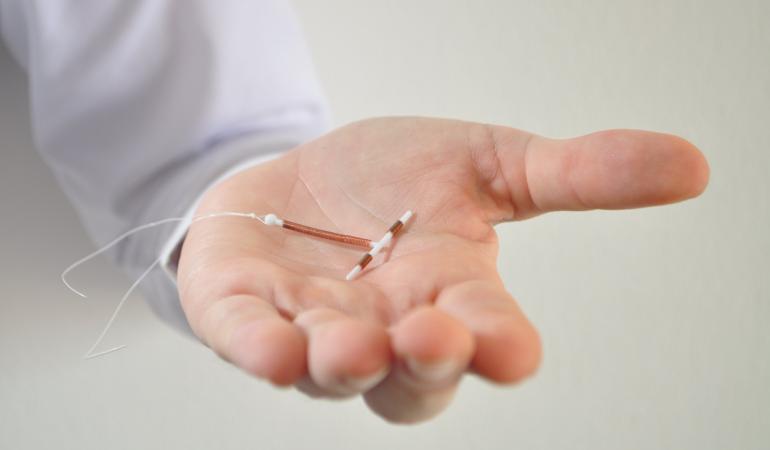
More reports of suspected adverse effects from copper intrauterine devices (IUDs) were made in 2021 than in previous years, according to the annual report of the Dutch reporting and expertise centre for adverse effects of medical implants (MEBI). In 2021, there were a total of 714 reports of adverse effects from implants. Most reports (almost 50%) involved copper intrauterine devices, followed by breast implants (43%).
Adverse effects from copper IUDs were covered in the media at the start of 2021. At that time, MEBI also called on people (in Dutch) to report health problems associated with the use of copper IUDs. This explains the higher number of reports.
Reported health problems
Reports often cite multiple health complaints. Approximately 4,000 health problems were reported over 2021. The most frequently reported health problems in relation to copper IUDs were the copper IUD moving lower in the uterine cavity into the cervix (implant dislocation) and heavy menstrual bleeding. For breast implants, the most frequently reported health problem was fatigue, followed by joint or breast pain.
Importance of reporting to MEBI
It is important that implants are safe. Reporting to MEBI can help ensure that is the case. Based on reports, MEBI can identify early on a potential link between implants and health complaints. This can help other patients. Reports can be submitted through the MEBI website (in Dutch).